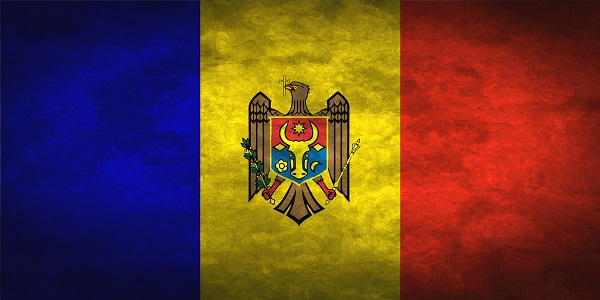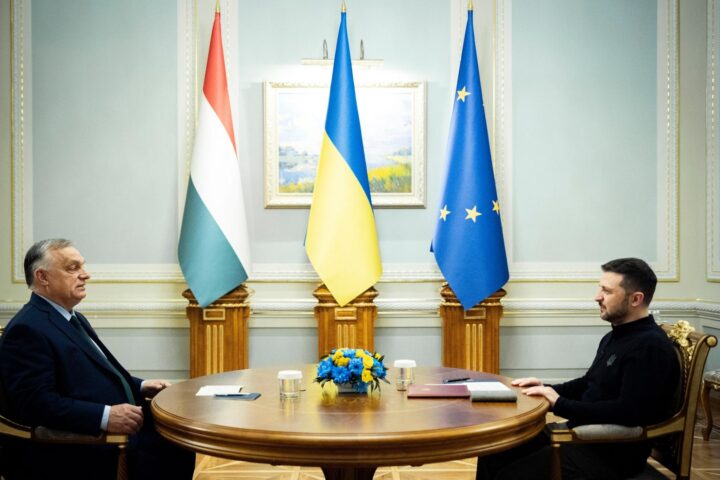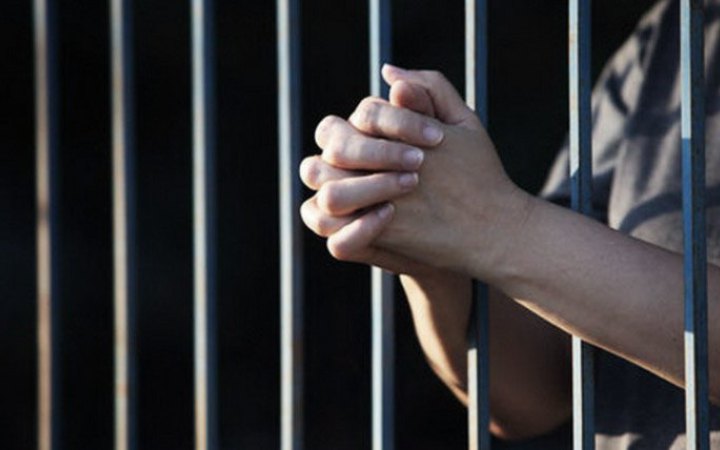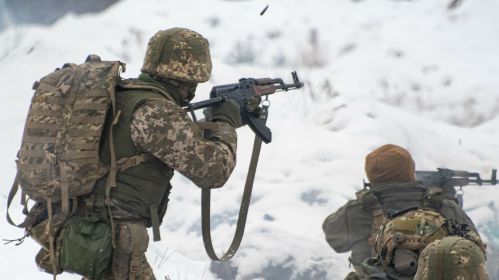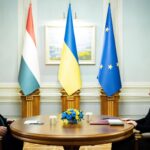On September 18, 2025, news outlets reported the resignation of Dmitry Kozak, a significant figure in Russia’s foreign policy, particularly regarding former Soviet states. Kozak, who had overseen Russia’s relations with countries in the post-Soviet space since Vladimir Putin’s rise to power, stepped down, reportedly at his own request. This resignation follows a series of setbacks for Russia in Moldova and other neighbouring countries, signalling the failure of the Kremlin’s strategy under Kozak’s management. The situation points to a shift in Russia’s policy towards a more direct and forceful approach, replacing earlier strategies of “resource diplomacy” with harder tactics aimed at achieving specific outcomes in Moldova and beyond.
The Failure of Kozak’s Strategy in the Post-Soviet Space
Kozak’s tenure as the Kremlin’s point man for post-Soviet relations ended in failure, particularly in Moldova. His reliance on behind-the-scenes deals, “controlled compromises,” and covert influence networks was increasingly exposed and neutralised. The Kremlin now seeks a firmer hand to manage its policies. Sergei Kiriyenko, who has been overseeing Moldova-related matters for some time, now combines domestic political tools with the export of “electoral technologies,” moving the region from a diplomatic negotiation style to a more centralised, controlled strategy. This shift signals a rise in the potential for hybrid actions and a move away from previous diplomatic efforts.
Moldova’s Parliamentary Elections: A Crucial Battleground for Russia
The upcoming parliamentary elections in Moldova on September 28, 2025, are seen as a critical juncture for Russia. A loss for pro-Russian forces would significantly reduce Moscow’s influence in the Black Sea region. In light of this, the Kremlin is expected to intensify its efforts to sway the vote, focusing particularly on manipulating electoral outcomes. These tactics may include legal challenges, pressure on local communities, and the creation of crisis situations in the days leading up to the vote, aiming to foster instability and highlight the “high cost” of European integration for Moldova.
Kiriyenko’s Strategy: Tightening Control Over Pro-Russian Forces
With Kozak’s departure, Kiriyenko is consolidating power around more controllable pro-Russian projects in Moldova, particularly those linked to figures like Ilan Shor, Igor Dodon, and the core of the “Alternativa” group. This strategy emphasises not the political brand but the ability to control and secure results on election day. Religious networks, particularly the Orthodox Church of Moldova, closely tied to the Russian Orthodox Church, are expected to play a key role in mobilising voters and shaping the election narrative. Additionally, digital tactics such as bot farms, independent media outlets, and social messaging on issues like migration and prices will be deployed to demobilise pro-European voters and boost pro-Russian turnout.
The Role of Diasporas and the West
A significant aspect of Kiriyenko’s strategy will involve leveraging Moldova’s diaspora communities, particularly through micro-targeting and logistical support for election campaigns abroad. These efforts aim to siphon votes from socially vulnerable groups in Western countries by masking Russian-backed initiatives as local grassroots movements. The Kremlin will also continue to test and refine its tactics in Moldova, including bribery, media campaigns, and legal traps. The ultimate goal is not only to win the upcoming election but also to cast doubt on the legitimacy of the democratic process in Moldova if the Kremlin’s chosen candidates fail to win.
Moldova as a Testing Ground for Kremlin Interference
Moldova remains a key testing ground for Russia’s broader strategy of election interference, which Moscow is likely to replicate in other European elections in 2025 and 2026. The combination of legal pressure, media manipulation, and financial influence—coupled with the active involvement of the Russian Orthodox Church and NGOs—has proven to be an effective method for the Kremlin. Failure to acknowledge these tactics would provide Russia with an opportunity to extend its influence further into European political processes, potentially undermining the integrity of future elections.
